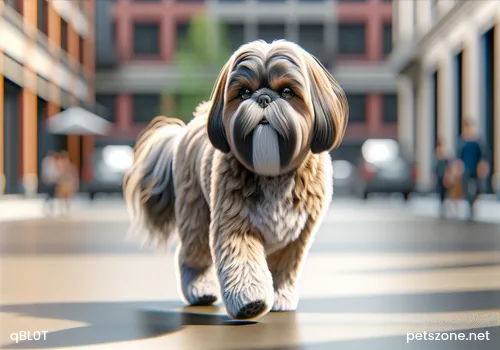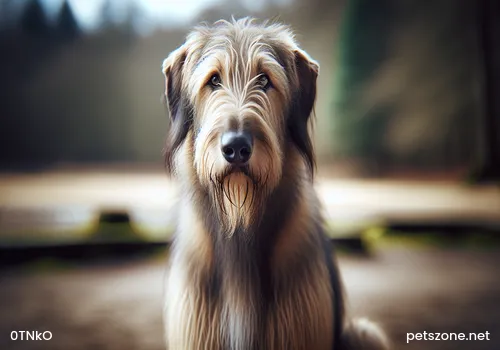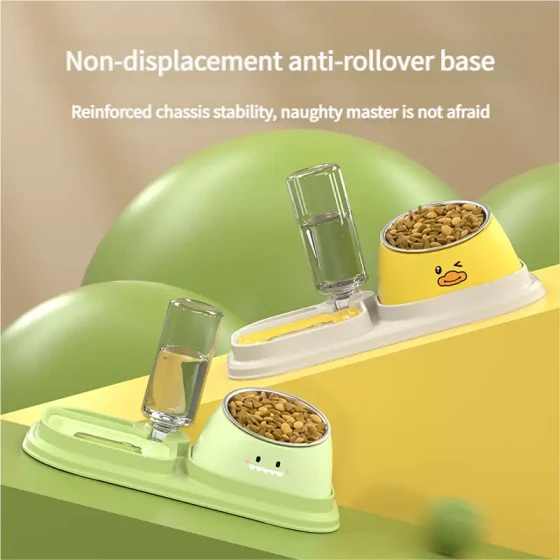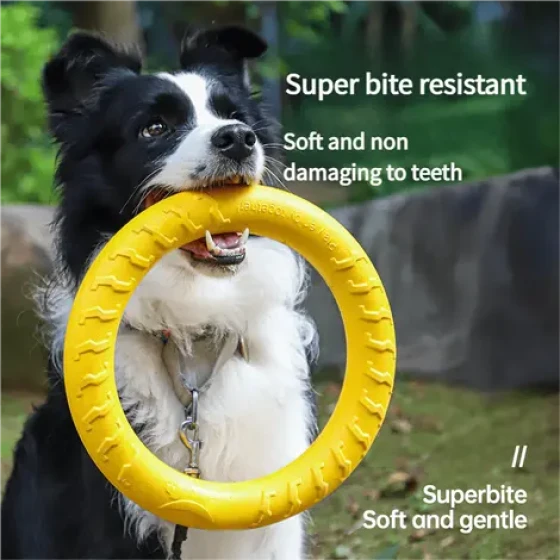Unexpected Foods Dogs Cannot Eat

Eleven Foods Dogs Cannot Eat
Many owners show their love by feeding their dogs everything they think is good, but some foods may cause sickness or even endanger their lives. Some owners might already know that chocolate, offal, and high-salt foods must be strictly controlled, so what other foods should owners pay attention to in daily life?
1. Chocolate
This is a food many owners know about. The main reason dogs cannot eat chocolate is not fear of obesity or other diseases, but because the theobromine in chocolate reduces the blood flow to the brain, potentially causing heart disease and other fatal threats. The higher the purity of the chocolate, the higher the theobromine content, and the greater the danger to dogs. The minimum lethal dose of theobromine for dogs is 100-200mg/kg. If a dog accidentally ingests too much chocolate, vomiting and diarrhea usually appear after 2h, accompanied by obvious restlessness. Dogs may also exhibit frequent urination; owners should seek veterinary care promptly.
2. High-salt Foods
Seasonings increase the burden on a dog's kidneys and liver and cause a dulled sense of smell. Long-term consumption of high-salt foods may also cause hair loss in dogs. Typically, the salt content in dog food is sufficient, and no additional salt is needed.
3. Liver
Many owners may have experience feeding their dogs liver without apparent problems. Actually, dogs are not completely forbidden from eating liver, but the quantity must be controlled. Generally, liver should be fed no more than once every two days; excessive liver contains large amounts of vitamin A, which can prevent dogs from absorbing calcium in normal food, leading to rickets. Puppies especially need to be cautious.
4. Milk
Puppies will experience diarrhea and other symptoms after drinking milk. If not stopped promptly, dehydration and other problems may occur. Some adult dogs may tolerate milk without discomfort, but this is not a reason to give adult dogs milk regularly. The main reason is that dogs lack lactase, whereas milk contains a lot of lactose that dogs cannot digest. There are specially formulated dog milks on the market safe for dogs, or alternatively, goat milk with similar composition to dog milk can be given.
5. High-sugar Foods
Like humans, dogs can become obese and develop cavities from consuming too much sugar. However, dogs love sweet foods, so owners should control sugar intake from the start; otherwise, treating these problems later becomes harder.
6. Seafood
Some dogs are allergic to seafood, and for dogs that are not allergic, long-term seafood consumption can cause skin diseases due to the high salt content. Eating seafood that hasn’t been properly sterilized can also cause digestive issues in dogs.
7. High-fiber Foods
For humans, high-fiber foods stimulate intestinal peristalsis and aid digestion, but for dogs, excessive fiber can cause indigestion.
8. Raw Meat
Dogs’ digestive systems are more sensitive than humans’. Meat must be cooked before feeding to avoid bacterial infections causing diarrhea and prevent parasitic diseases. Reminder: meat should be cut into small pieces for dogs.
9. Raw Eggs
This mainly concerns raw egg whites. The avidin in raw egg whites consumes vitamin H (biotin) in dogs, which is important for growth and healthy fur. Therefore, do not feed dogs raw egg whites.
10. Poultry Bones
Poultry bones are small but sharp, and since dogs often swallow food directly, these bones can stab the dog's mouth and esophagus. It is recommended to feed dogs larger bones such as pork or beef bones.
11. Onions
Some owners feed dogs leftover food directly, thinking it doesn’t waste anything, but do you know onions can cause hemolytic anemia in dogs? Besides onions, other foods containing disulfides such as scallions should not be given to dogs. Disulfides are harmless to humans but destroy dogs’ red blood cells.




If issues arise during feeding, seek veterinary care immediately
Lastly, many people may still be indifferent after reading this list, believing their dogs have no problems and thus are careless. But any condition is cumulative; if these foods are consumed excessively over a long time, the dog may not show symptoms initially, but once problems arise, they could be in late-stage illness, and regret will come too late for the owner.



